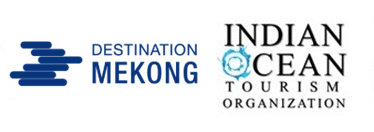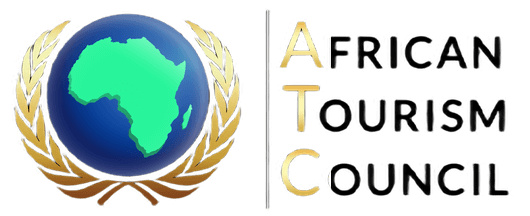Sids?
Small Island Developing States (SIDS) are a distinct group of developing countries facing specific social, economic and environmental vulnerabilities.
SIDS were recognized as a special case both for their environment and development at the United Nations Conference on Environment and Development (UNCED), also known as the Earth Summit, held from June 3 – 14, 1992 in Rio de Janeiro, Brazil.
This recognition was made specifically in the context of Agenda 21 (Chapter 17 G).
Countries
SIDS are dispersed among three geographic regions, being the Caribbean, the Pacific and the Atlantic, Indian Ocean, Mediterranean and South China Sea (AIMS).
Fifty-two (52) Countries and territories are presently classified as SIDS by the United Nations Office of the High Representative for the Least Developed Countries, Landlocked Developing Countries and Small Island Developing States (UNOHRLLS).
38 are UN members and 14 are non-UN Members or Associate Members of the Regional Commissions.
Un Members
Antigua and Barbuda, Bahamas, Bahrain, Barbados, Belize, Capo Verde, Comoros*, Cuba, Dominica, Dominican Republic, Fiji, Grenada, Guinea-Bissau*, Guyana, Haiti*, Jamaica, Kiribati *, Maldives*, Marshall Islands, Federated States of Micronesia, Mauritius, Nauru, Palau, Papua New Guinea, Samoa*, São Tomé and Príncipe*, Singapore, St. Kitts and Nevis, St. Lucia, St. Vincent and the Grenadines, Seychelles, Solomon Islands*, Suriname, Timor-Leste*, Tonga, Trinidad and Tobago, Tuvalu* and Vanuatu*
NON-UN member
ASSOCIATE MEMBERS OF THE
REGIONAL COMMISSIONS
SIDS
TOURISM
ORGANIZATIONS
&
SIDS
ECONOMIC
COMMUNITY
Recognizing that economic integration is a dynamic, ongoing process as economies as well as domestic and external environments are constantly evolving, the first step towards a SIDS market developing a balanced economic growth, constituting the creation of vital economic pillars facilitating trade, liberalizing and facilitating investments, streamlining and harmonizing capital market regulatory frameworks and platforms, facilitating skilled labor mobility, promoting the development of regional frameworks, consumer protection and intellectual property rights, promoting connectivity, narrowing the development gap, strengthening relationship with its external parties and dialogue partners, as well as accelerating various economic clusters placing emphasis on the development and promotion of micro, small and medium enterprises (MSMEs) in its economic integration efforts, creating a networked, competitive, innovative, and highly integrated SIDS Economic Community, remains the propensity.
Sign Up
We are open for registration welcoming individuals from all economic sectors within SIDS Countries and Island Nations
building an ecosystem supporting travel and tourism, and an economic community focused on developing SIDS
through collaborative propositions aiding numerous economic-clusters, industries and communities across SIDS.
Membership is free, as such please take the time to fill out the information below. All individual profiles will be
uploaded onto Members page.
sidsto.org & sidsec.org sites and its social media presence is currently being developed, as such please bear with us for this time.
Building a SIDS Tourism Organizations and a SIDS Economic Community will indefinitely take time, as such we invite you to become members for now, as the SIDS Tourism Organizations Forum, SIDS Economic Integration Forum & SIDS Social Entrepreneurs Marketplace are the economic-propositions being developed for integration of SIDS communities.
There are various initiatives being proposed by members, and SIDS Working Groups would be created allowing members to engage producing ideas, innovations and solutions, as well as network across the Pacific, Atlantic, Indian Ocean, Mediterranean and South China Sea (AIMS).







